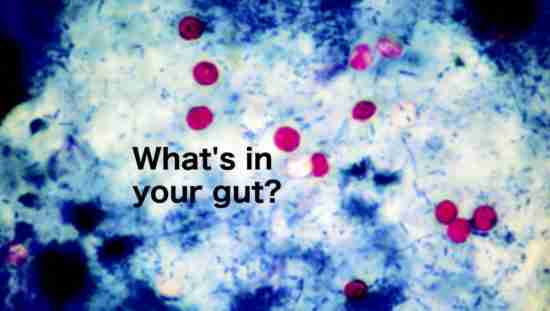Texas has two.
Texas is one of 28 states and New York City that is part of the “domestically-acquired” Cyclosporiasis outbreak being experienced nationally. And, according to Austin Public Health, the Lone Star State has another outbreak of Cyclosporiasis going in the Austin-Travis County area.
“While we may be in COVID-19 season, we cannot forget the other diseases and infections that are commonly present in our community,” said Janet Pichette, APH Chief Epidemiologist. “And as we have said time and time again, there are ways to prevent many of these diseases and infections, including Cyclosporiasis – thoroughly wash fresh produce, wash your hands after handling fruits and vegetables, and separate products from raw meat and seafood.”
For the Austin-Travis County outbreak, the local epidemiologic team reports 82 cases with the earliest symptom onset reported on June 1. For the national outbreak, the case count stands at 779, including 49 hospitalizations dating back to May 1.
All sickened are sickened by the Cyclospora, a parasite consisting of only one cell but able to cause the intestinal infection called cyclosporiasis. It spreads when people consume something contaminated by feces. The parasite needs a week or two after being passed by a bowel movement to become infectious in another person. That makes it unlikely that it is spread directly from one person to the next.
Typically, Cyclospora infections were thought to be acquired during travel in tropical areas, where it is known to reach endemic levels. In recent years, Cyclospora outbreaks in the U.S. have been traced back to mostly–but not exclusively– imported fresh produce. In 2018, Fresh Express supplied Cyclospora-laced salads grown in the U.S. to McDoanlds locations, causing an outbreak.
Cyclospora symptoms can include diarrhea, frequent bowel movements, loss of appetite, weight loss, stomach cramps, bloating, gas, nausea, and fatigue. Anyone who suspects an infected should seek medical attention – if not treated, the illness may last anywhere from a few days to more than a month.
Cyclosporiasis infection can be prevented by following safe fruit and vegetable handling guidelines:
- Wash: Wash hands with soap and warm water before and after handling or preparing fruits and vegetables. Also wash cutting boards, dishes, utensils, and countertops with soap and hot water between the preparation of raw meat products and the preparation of fruits and vegetables.
- Prepare: Wash all fruits and vegetables thoroughly under running water before eating, cutting, or cooking. Scrub firm fruits and vegetables, such as melons and cucumbers, with a clean produce brush. Cutaway any damaged or bruised areas on fruits and vegetables before preparing and eating.
- Store: Refrigerate cut, peeled, or cooked fruits and vegetables as soon as possible, or within two hours. Separate fruits and vegetables from raw meat and seafood.
Nationally, the Centers for Disease Control and Prevention (CDC) and the U.S. Food and Drug Administration (FDA) are also investigating a multistate outbreak of Cyclosporiasis infections related to bagged salad mix.
(To sign up for a free subscription to Food Safety Website, click here.)

